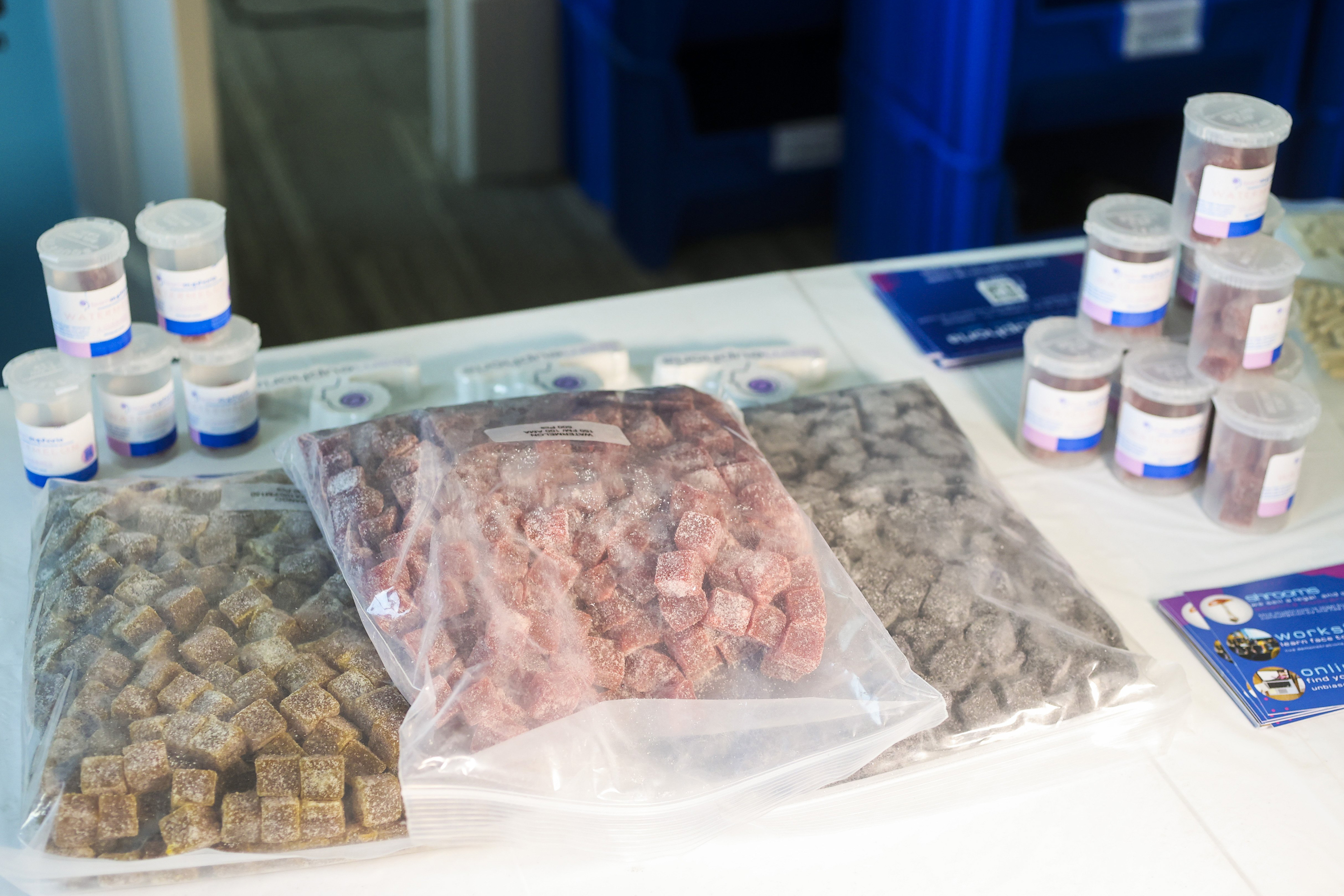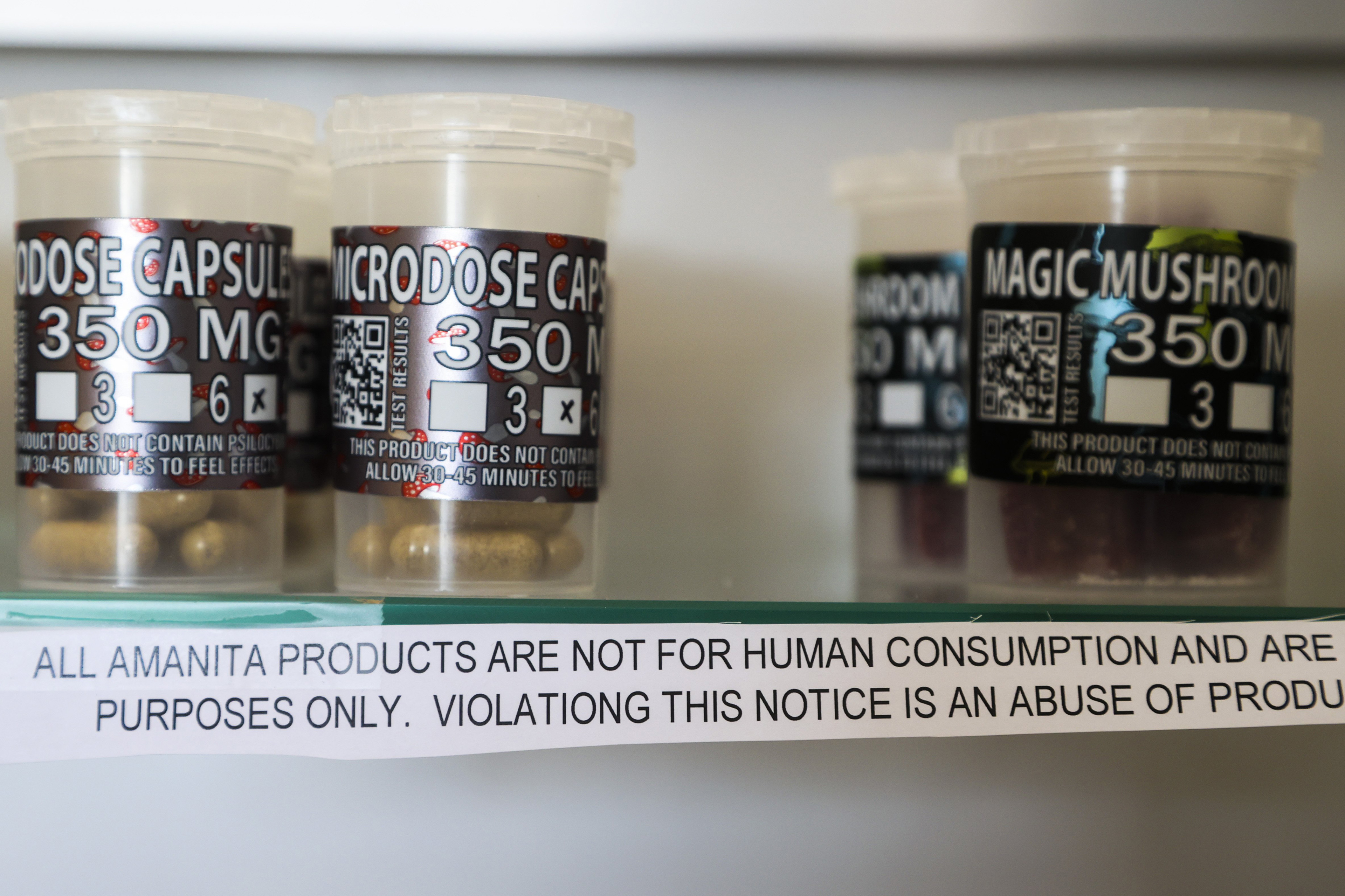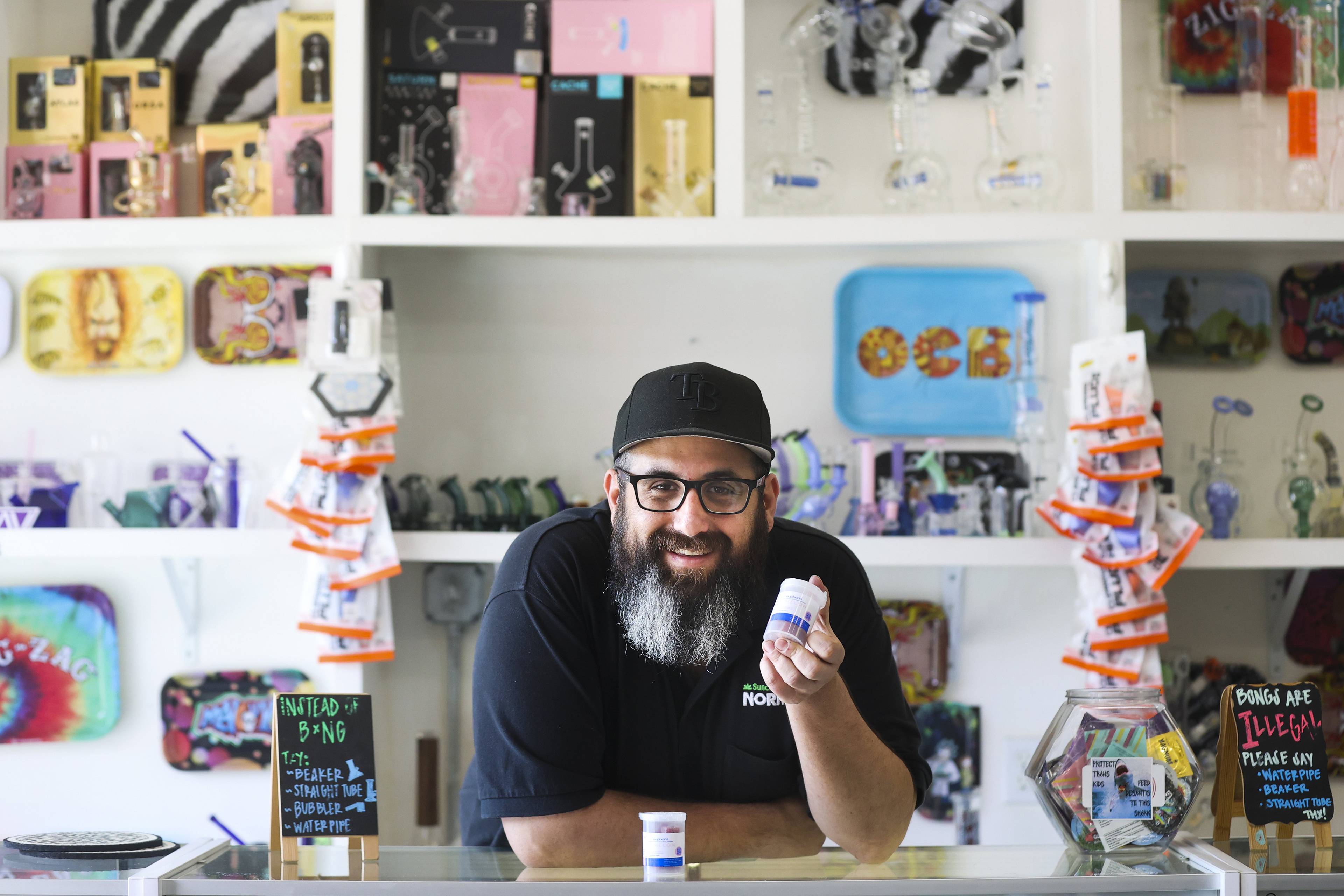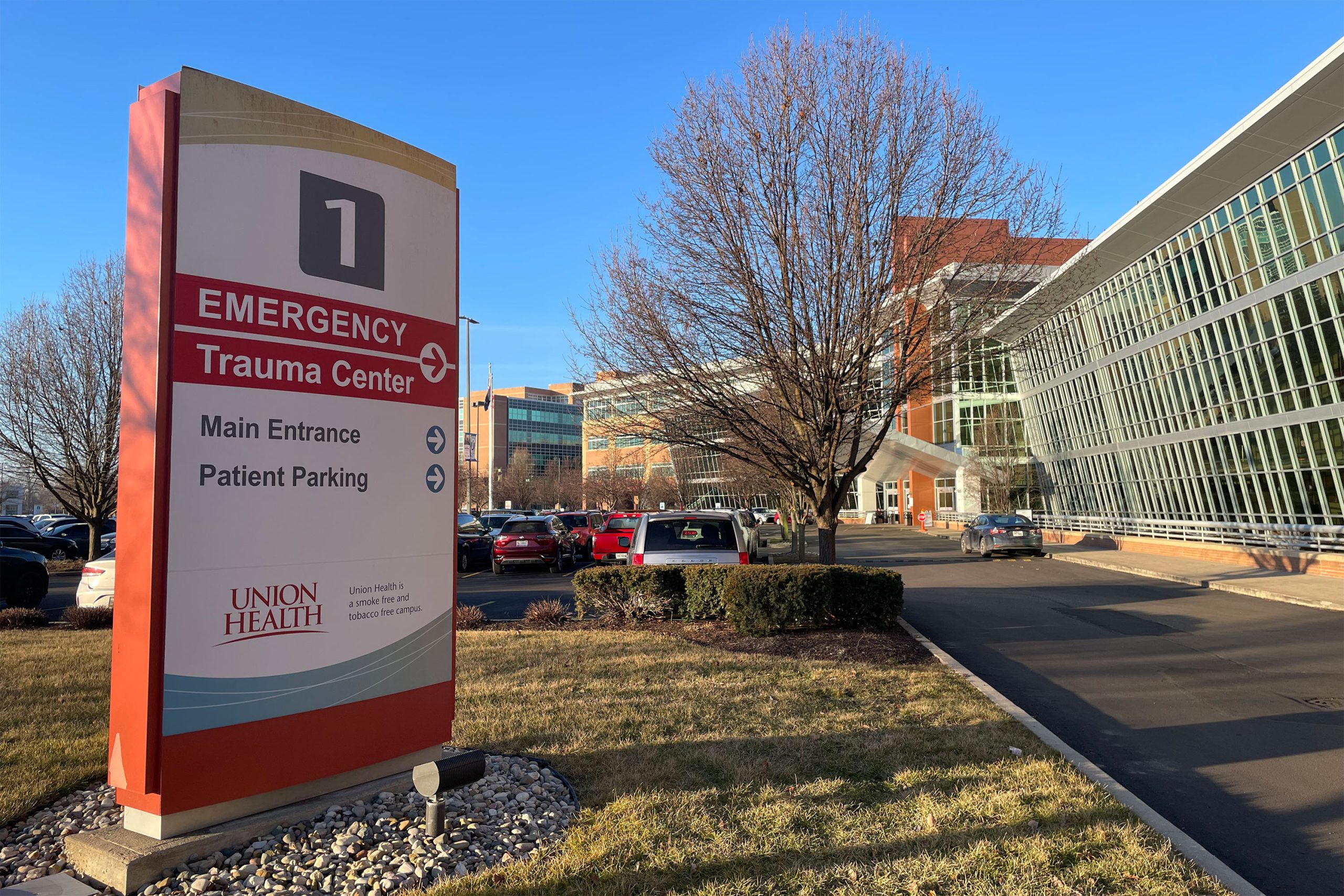TAMPA, Fla. — When a hemp dispensary in this Florida city started to stock edibles with certain mushroom extracts last year, state regulators quickly ordered it to stop selling the items.
The shop had been advertising fruit-flavored gummies and other products containing tiny doses of mood-altering chemicals from the mushroom Amanita muscaria. The red-capped, white-spotted fungus — rooted in popular culture through the Super Mario Nintendo game franchise, “The Smurfs,” and “Alice’s Adventures in Wonderland” — is legal for consumers to possess and eat in every state except Louisiana, according to a review of state laws.
Products with the mushroom’s extracts have cropped up at stores and online retailers from Florida to Minnesota and Nebraska to Pennsylvania. Businesses advertise a milder high compared with psilocybin, the Schedule 1 psychedelic that remains illegal at the national level, to people hoping to ease anxiety, depression, or joint pain.
But federal officials and fungi experts have urged caution, and Florida regulators have clamped down on sales in at least five counties. Some uses of the mushroom and its chemicals have led to serious side effects, including delirium with sleepiness and coma, according to Courtney Rhodes, an FDA spokesperson.
No human clinical trials have evaluated the products’ safety and effectiveness, said Heather Hallen-Adams, a faculty member at the University of Nebraska-Lincoln, who researches fungi in food.
Chillum, a hemp dispensary in the Ybor City neighborhood, stopped selling the edibles in December after regulators from the Florida Department of Agriculture and Consumer Services ordered it to do so, calling A. muscaria a dangerous ingredient. The shop returned $30,000 worth of merchandise to Psilo Mart, a Las Vegas-area supplier that says it imports the mushroom from Lithuania. The agriculture department, which regulates shops that sell products like hemp vapes, then lifted its restrictions on the dispensary.
Drew Gennuso, president of Psilo Mart, said he hasn’t heard of any “major issues” with the edibles. Chillum’s owner, Carlos Hermida, said he believes the products are safe.
“It’s so mild,” he said of the fungus’s effects. “It’s not anything where you’re going to smell the color purple.”
Hermida recently began selling the products again for between $20 and $55 — but, attempting to avoid another state order, he said Chillum added labels warning they are solely for “educational” or “spiritual” purposes and not human consumption.


Federal officials haven’t approved the fungus and its chemicals to be sold as food additives or to treat medical conditions.
The Tampa case highlights the gaps in oversight of this nascent national market despite concerns from federal officials.
“The companies are moving faster than the research,” said John Michelotti, who heads the medicinal mushrooms committee of the North American Mycological Association and founded Catskill Fungi, an upstate New York business that sells mushroom extracts.
“It’s the wild West.”
The crackdown at Chillum began in October. The Florida agriculture department collected samples of products for lab testing. Returning in December, the agency said a Psilo Mart hemp joint with A. muscaria powder had elevated levels of toxic heavy metals, department records show.
Hermida threw out his inventory of the mushroom joints, he said, and regulators ordered him to stop selling the other fungus products. They cited a state law that says food is “adulterated” if it “bears or contains any poisonous or deleterious substance which may render it injurious to health.”
The gummies with the extracts elicit a feeling of “being high and drunk,” Hermida said, while the capsules cause a “tingly body sensation” and throw off depth perception.
The mushroom is poisonous, though likely not fatal, and can be detoxified in boiling water. Consuming the raw fungus isn’t the same as using low doses of its chemicals, Hermida maintained.
The Florida Poison Information Center in Tampa gets one report a week, on average, of a hallucinogenic mushroom poisoning, but many callers don’t explain what kind they ate, and doctors don’t have a quick way to verify, said Alexandra Funk, its managing director. She said A. muscaria products should be kept away from children.
In the Tampa Bay area, medical examiners haven’t recorded any recent deaths from the mushroom. Johns Hopkins All Children’s Hospital in St. Petersburg and local AdventHealth emergency rooms haven’t seen poisonings, according to spokespeople. But there appears to be a lack of routine testing for the fungus.
The edibles sold at Chillum appealed to Antwan Towner, a 40-year-old Ybor City magician who said he struggles with anxiety. He eats half a gummy when having a bad day, he said, and it produces euphoria that lasts about four hours, then peace of mind for a week. He said he hasn’t experienced a negative reaction or hallucinations.
“It was never about getting high,” he said. “It was just about trying something that may be effective.”
There’s a “lot of anecdotal evidence” that low doses of the mushroom may be useful therapeutically, said Hallen-Adams, who chairs the toxicology committee of the North American Mycological Association.
But more data is needed to prove if it helps those with various medical conditions or if it’s simply a placebo, she said.
Last year, a Canadian company said an independent group of scientists found that its A. muscaria extract was “generally recognized as safe.”
The Toronto company, Psyched Wellness, conducted preclinical studies on its “Calm” extract, a sleep aid, said CEO Jeffrey Stevens.
Other businesses, Stevens said, haven’t invested in such research. “We have so many cowboys right now who are just saying, ‘Oh, this is a legal psychedelic mushroom, let’s just put product into the market.’”
Since early February, Florida regulators have cited five businesses in Daytona Beach, Largo, Plant City, Tallahassee, and Tamarac for selling merchandise containing A. muscaria, according to state agriculture department records. Because federal officials haven’t approved the mushroom to be used in food, the Florida agency orders businesses to stop selling these products when its inspectors find them, Aaron Keller, a spokesperson for the state agriculture department, wrote in an email.
In this emerging market with many unknowns, Hallen-Adams urged consumers to “be careful if this is something you’re going to experiment with.”
Under Chillum’s new labeling, consuming the edibles it sells is an “abuse of product,” Hermida said.
“If you want to study it, or if you want to pray to it, that’s fine with me.”

This article was produced in partnership with the Tampa Bay Times.









